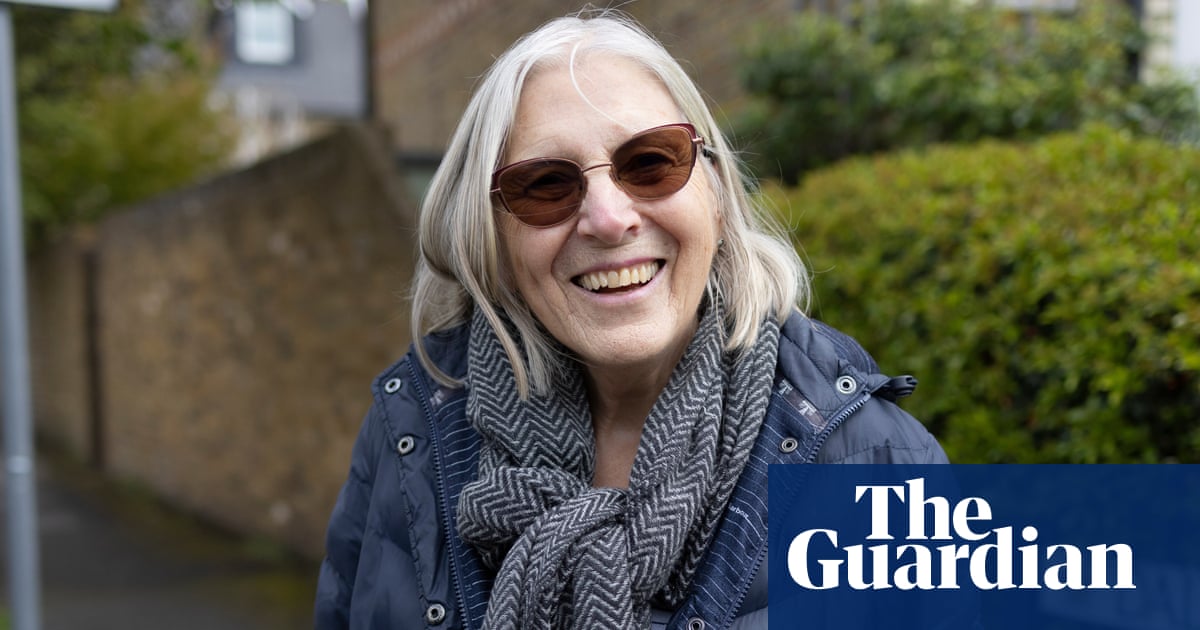
The post-industrial city’s Museum of Making boldly sets out its vision – and has no time for national myths of lost greatness
Illustration: Thomas Pullin for the Guardian.
Illustration: Thomas Pullin for the Guardian.
Fri 1 Jul 2022 08.00 BST
63
What is the role of museums in civic life? Are they merely containers of memory or can they be agents for change? When I visited the Potteries Museum and Art Gallery in Stoke-on-Trent recently – the museum I grew up with, even worked at during the holidays – I ended up with a feeling of profound melancholy, despite my usual pleasure in the richness of its ceramics collection. I could hear fellow visitors, who were locals (though the museum was sadly almost empty) sharing memories of a pottery industry that had contracted greatly in the late 20th century; I chatted to a man whose mother had once been a highly skilled tube-liner at a well-known potbank (tube-lining is a decoration technique). Of course, understanding and thinking about the past has always been the primary role of museums. But – perhaps especially in the case of industrial museums in deindustrialising areas – there is a danger of nostalgia. Of lamentation, even.
About 40 miles east of Stoke, Derby’s Museum of Making is pioneering a different approach. The museum is housed in a former water-powered silk mill, originally built in 1721, that has some claim to be the first modern factory in the world. Shortlisted for the Art Fund Museum of the Year award, which is awarded on 14 July, the institution was until recently a standard-issue industrial history museum. But since it reopened last May after a redevelopment, it has been doing something rather different, and the clue is in the purposeful title. The museum certainly contains relics of a lost manufacturing history. There’s no more silk-making, after all; and formerly major firms, such as the foundry Handyside, which manufactured everything from pillar boxes to railway bridges, are gone. But it is also about the industrial present.
You need to register to keep reading
It’s still free to read - this is not a paywall
We’re committed to keeping our quality reporting open. By registering and providing us with insight into your preferences, you’re helping us to engage with you more deeply, and that allows us to keep our journalism free for all. You’ll always be able to control your own privacy settings.












